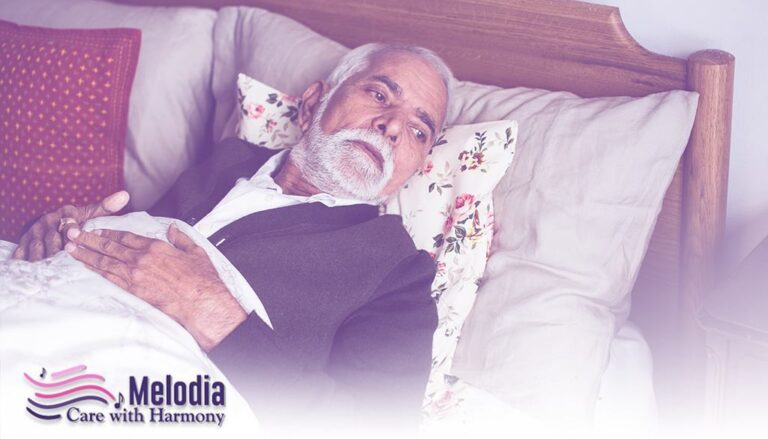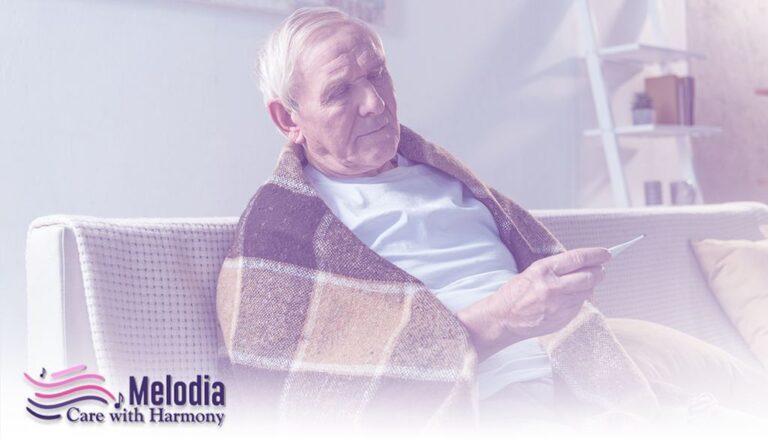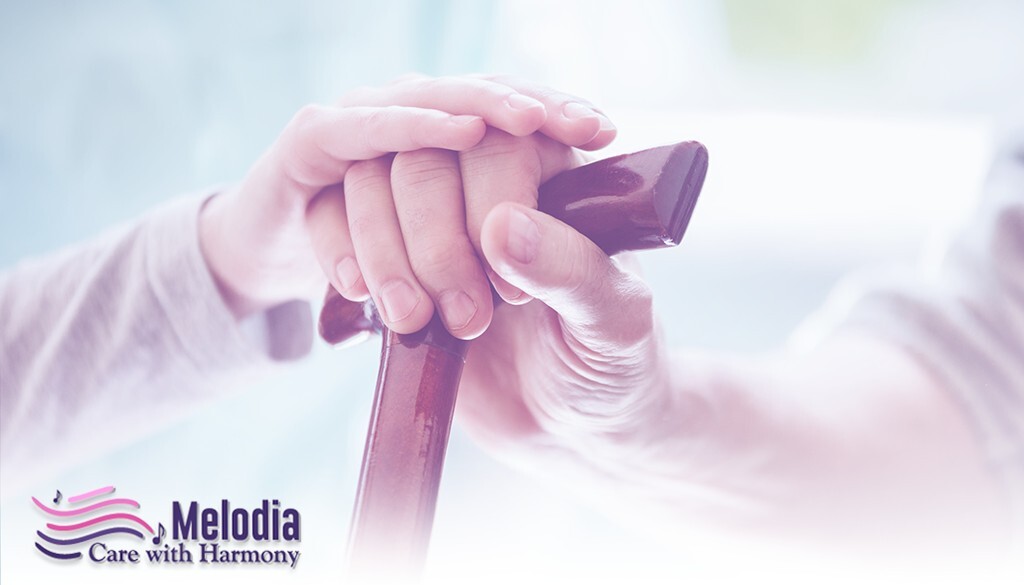End Of Life Care In Los Banos, California
At the end of life, comfort care is an important aspect of medical care. It is a sort of care that helps or comforts a person who is dying. The objectives are to reduce suffering as much as possible, increase quality of life and respect the dying person’s preferences.
You’re most likely reading this because someone you care about is dying. You’re curious as to what will happen. You’d like to know how to comfort your loved one, what to say to them and what to do for them. You might be interested in learning how to make dying more bearable, how to assure a peaceful death with treatment according to the dying person’s wishes.
To you, a peaceful death may imply something different than to someone else. Your sister might want to know when death is approaching so she can say her goodbyes to the people she cares about and attend to personal matters. Your husband may prefer to die soon rather than linger. Your mother may have stated a wish to die at home, whereas your father may have expressed a desire to die in a hospital so that he might be treated for his illness till the end.
Physical comfort, mental and emotional needs, spiritual challenges and practical responsibilities are all areas where people who are dying need help. Their families also require assistance. You’ll find a variety of ways to assist someone who is dying in this section. Always consult your healthcare team to ensure that these recommendations are appropriate for your condition.
What Is End-Of-Life Care?
At the end of life, everyone’s experience is unique. Death may occur suddenly or a person may live for a long time, gradually fading. The body of some elderly persons weaken while the brain remains sharp. Others are physically fit but their cognitive abilities have decreased significantly. Even though everyone dies, people who are close to the dying are affected personally by their loss.
The assistance and medical treatment provided in the days and weeks preceding up to death is referred to as “end-of-life care.” This kind of attention isn’t limited to the minutes before respiration quits and the heart stops beating. Older people frequently suffer from one or more chronic illnesses and require extensive care in the days, weeks and even months leading up to death.
When a doctor tells you, “I’m afraid the news isn’t good.” There are no additional options for us to consider. “I’m sorry,” it may put an end to the possibility of a cure but it does not eliminate the necessity for medical assistance. It also doesn’t mean that family and friends aren’t involved.
There are lots of possibilities for caring for an older person who is dying. A Team is frequently involved in such care.
Caring for someone who is nearing the end of life can be physically and emotionally exhausting. Accept that there may be no ideal death and that you can only do the best you can for the one you love. And because you did what you could when you were required, the grief of losing someone close to you may be eased a little.
Physical Comfort At The End Of Life

There are several things that can be done to make a dying person more comfortable. Discomfort can be brought on by a number of factors. Depending on the cause, there are things you or a healthcare expert can do. A dying individual, for example, may be uncomfortable because of:
- Pain
- Breathing difficulties
- Infection of the skin
- Digestive issues
- Sensitivity to temperature
- Depression
Pain

It’s difficult enough to watch someone you care about die but knowing they’re in pain makes it even more difficult. Although not everyone who is dying is in pain, there are things you may do to assist someone who is. Experts believe that caring for someone who is dying should focus on reducing pain rather than worrying about long-term drug addiction or abuse issues.
Pain is easier to avoid than it is to relieve and severe pain is difficult to manage. Ensure that the amount of discomfort does not exceed the effectiveness of pain-relieving medications. If the discomfort continues, consult a doctor or nurse. Medicines can be modified or increased. If this doesn’t work, get advice from a palliative medical specialist who has experience managing pain in very ill patients.
It might be exhausting to be in constant discomfort. It might make it difficult for families to spend quality time together. Pain can affect one’s mood, making them appear angry or irritated. Although natural irritation brought on by pain can make it difficult to communicate and convey thoughts and sentiments.
Breathing Difficulties

At the end of life, shortness of breath or the feeling that breathing is difficult is a regular occurrence. Worrying about the next breath might make it difficult to focus on critical conversations or relationships. Raise the head of your bed, open a window, use a humidifier or have a fan circulate air in the room. Morphine or other pain relievers can sometimes help with the feeling of being out of breath.
People who are very close to death may have noisy breathing, which is frequently referred to as a death rattle. Either a build-up of fluid in the neck or the relaxation of the throat muscles causes this. Changing the person’s position to one side may be beneficial. There are certain medicines that can be prescribed to deal with this. Not all noisy breathing is a sign of serious death. It may be comforting to know that the dying person is usually unaffected by the loud breathing, even if family and friends are.
Infection Of The Skin

Skin problems can be quite irritating, because skin naturally grows drier and more sensitive as people age, it is especially important to look after the skin of the older. Dry skin can be relieved and soothed by using an alcohol-free moisturizer.
Near death, dryness on portions of the face, such as the lips and eyes, is a common source of discomfort. A lip balm could be used to be able to prevent things from growing worse. Place a damp towel over closed eyelids to reduce dryness.
Digestive Issues

At the end-of-life, nausea, vomiting, constipation and loss of appetite are all frequent issues. These symptoms have a wide range of causes and remedies, so consult a doctor or nurse as soon as possible. There are medications that can help with nausea, vomiting and constipation, which is a common side effect of severe pain relievers.
You can assist in feeding someone who is near to death and is too tired or weak to eat. If you’re having trouble eating, consider serving modest portions of your favorite dishes. Alternatively, rather of three large meals, provide frequent, smaller meals.
Sensitivity To Temperature

People who are dying may be unable to tell you if they are too hot or cold, so keep an eye out for signs. Someone who feels overheated for example, may frequently try to remove a blanket. Remove the blanket and place a cool towel over his or her head.
Cold symptoms include hunching shoulders, pulling the covers up and even shivering. Check for a breeze, turn up the heat and add extra blanket. Electric blankets should not be used since they can get too hot.
Depression

People nearing the end of their lives are frequently tired and have little or no energy. Maintain a straightforward approach to things. Instead of walking to the restroom for example, a bedside commode can be utilized. Switching to sponging off in bed or using a shower stool can help save energy.
Managing Mental & Emotional Needs At The End Of Life

Helping the dying person manage mental and emotional discomfort is part of comprehensive end-of-life care. Someone who is alert near the end of life may feel depressed or anxious, which is understandable.
It is important to address emotional distress and pain. It might be beneficial to encourage people to talk about their feelings. You should speak with a counsellor, preferably one who specializes in end-of-life concerns. Medicine may be helpful if the depression or anxiety is severe.
Doctors may feel helpless because they can’t treat their patient. Some people appear to avoid dying patients. This might make a dying person feel even more alone. If this occurs talk to your family, friend, or doctor about your concerns.
A simple act of physical contact such as holding hands, a touch or a mild massage can help a person feel more connected to persons he or she cares about. It has a calming effect. Rub your hands together or run them under warm water to warm them up.
It’s often enough to simply be present with a dying person. Filling the time with discussion or activity may not be necessary. For a dying family member or friend, your quiet presence can be a simple yet meaningful gesture.
End-Of-Life Spiritual Needs

Spiritual needs may be just as significant as physical needs for people towards the end of their lives. Finding significance in one’s life and if possible, resolving conflicts with others are spiritual requirements. Unresolved conflicts with friends or family members may aid the dying person in finding peace. A social worker or a counsellor could also help.
Many people find comfort in their religion. Others may be torn between their religious and spiritual views. Praying, speaking with a member of one’s religious community, reading religious literature or listening to religious music can all help.
Family and friends might discuss the importance of their relationship with the dying individual. Adult children, for example, can discuss how their father has influenced their lives. Grandchildren can express how much their grandfather means to them. Friends might relate to how much they value years of friendship and support. Family and friends who are unable to attend could send a recording of their wishes or a message to be read aloud.
Another method some people find serenity in while approaching death is through sharing happy memories. This can be reassuring to anyone. Some doctors believe that even if a patient is asleep, he or she may be capable of hearing. It’s probably never too late to express your feelings or reflect about happy recollections.
Planning Ahead For End-Of-Life

Many practical tasks must be completed near the end of life, both to relieve the dying person and to help the caretaker. Everyday duties can cause anxiety in a dying person and they might overwhelm a caretaker. Taking up little everyday activities around the house, such as picking up the mail or newspaper, jotting down phone messages, doing a load of laundry, feeding the family pet, driving kids to sports practice or picking up prescription from the pharmacy can provide caregivers a much-needed break.
If you want to help but can’t leave your house, arrange for other friends or family members to assist with small tasks or bring in meals. This allows the immediate family to devote all of their attention on the dying person.
It might be difficult to keep close friends and family informed. You can limit the number of calls you have to make by setting up an outgoing voicemail message, a blog, an email list, a private Facebook page or even a phone tree. To communicate news, opinions, and wishes, some families create a blog or website. You can also delegate the updates to a close family member or friend. All of these things can assist reduce the emotional stress of frequently addressing inquiries.
